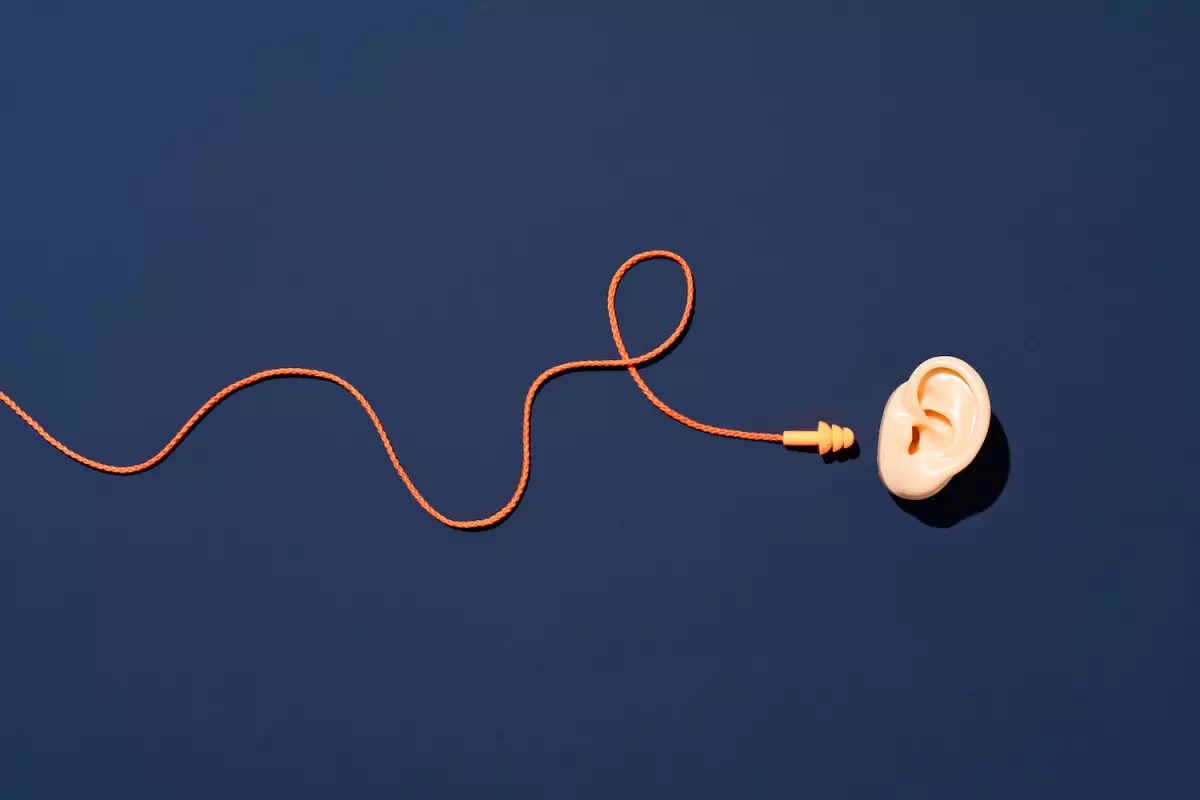As technology continues to evolve, our methods of consuming audio have transformed dramatically. Noise-canceling headphones have become commonplace, offering users a distraction-free listening experience ideal for everything from commuting to working out. However, an emerging concern highlighted by a recent BBC report suggests that this modern marvel may come with unforeseen risks, particularly regarding our auditory processing abilities. The nuanced understanding of how we interact with sound in our environment is more critical than ever.
Audio Processing Disorder (APD) is characterized by difficulties in interpreting and understanding sounds, including speech. This neurological condition can manifest as problems in distinguishing similar-sounding words or struggling to focus on conversations within noisy environments. A case reported by the BBC concerns a 25-year-old British woman whose routine hearing tests revealed no deficits, yet, she was diagnosed with APD following difficulties in processing auditory information. This illustrates that conventional hearing assessments alone may not be sufficient to gauge an individual’s audio processing capabilities, shedding light on the complexity of auditory perception.
Audiology departments across the United Kingdom are witnessing an increase in young individuals being diagnosed with APD. The statistics demand attention, prompting healthcare professionals to investigate the role of modern audio devices in recalibrating our auditory systems. This trend raises significant questions regarding the influence of prolonged exposure to noise-canceling technology on youth, a demographic already immersed in digital and auditory stimuli.
One compelling theory presented is that noise-canceling headphones stifle the brain’s natural ability to filter and recognize everyday sounds. When users consistently engage with sounds that are artificially isolated, the brain may lose its proficiency in distinguishing between different audio inputs, leading to a reliance on technology rather than fostering natural auditory skills. In essence, our brains are not merely processing information; they are adapting, and this adaptation could be detrimental in the long term.
Given these findings, the call for further research becomes paramount. Understanding the interplay between technology and human cognition is crucial. Audiologists have urged investigations into the broader implications of noise-canceling devices and whether they could have lasting effects on auditory processing capabilities. This is particularly pressing in our fast-paced world, where reliance on technology often overshadows the potential for optimal sensory development.
While noise-canceling headphones offer significant advantages, including improved concentration and reduced auditory distractions, there is an urgent need for caution. The potential relationship between noise-canceling technology and emerging auditory processing disorders calls for a more balanced approach to sound consumption. As consumers, we must remain aware of how our auditory choices impact our overall health, warranting a dialogue about the need for moderation and the importance of preserving our natural listening skills in an increasingly noisy world.

